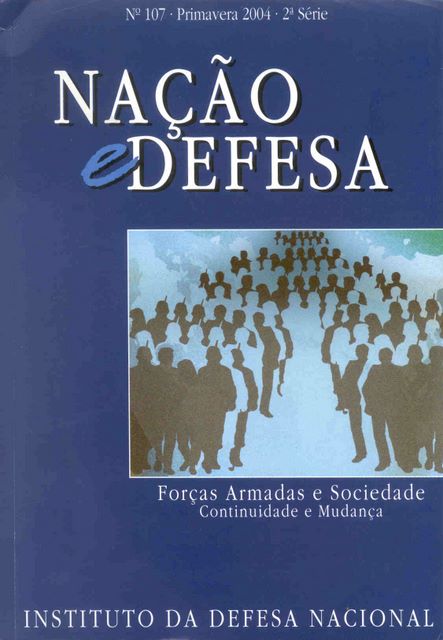Culture's Backlash on Decision Making
Resumo
The question posed in this paper is whether the lessons learned from Srebrenica (Unprofor) have led to culture change in civil-military relations. To demonstrate culture change the decision making process was studied. It was the decision making process at the time of Unprofor that showed prove of a clash between military and civilian cultures. After a parliamentary inquiry into Srebrenica, decision-making procedures regarding deployments were improved by use of a set of criteria called the ‘Toetsingskader’. Parliamentarians use these criteria to question the government about many importante issues regarding deployment. Applying the criteria to the deployment in Ethiopia and Eritrea went quite smoothly, being a ‘classical’ first generation peacekeeping situation. The criteria in the ‘Toetsingskader’ were put to a more severe test in the decision-making process regarding participation in the Stabilization Force Iraq (SFIR) in 2003. On the one hand, the ‘Toetsingskader’ proved to be a useful tool for parliamentary control again. It proved to be a tool that is able to bridge the gap between militar and civilian political culture. On the other hand there remains the risk of teleological reasoning. The criteria can easily be used to justify participation by rationalizing goals of the deployment and / or ignoring critical questions.





